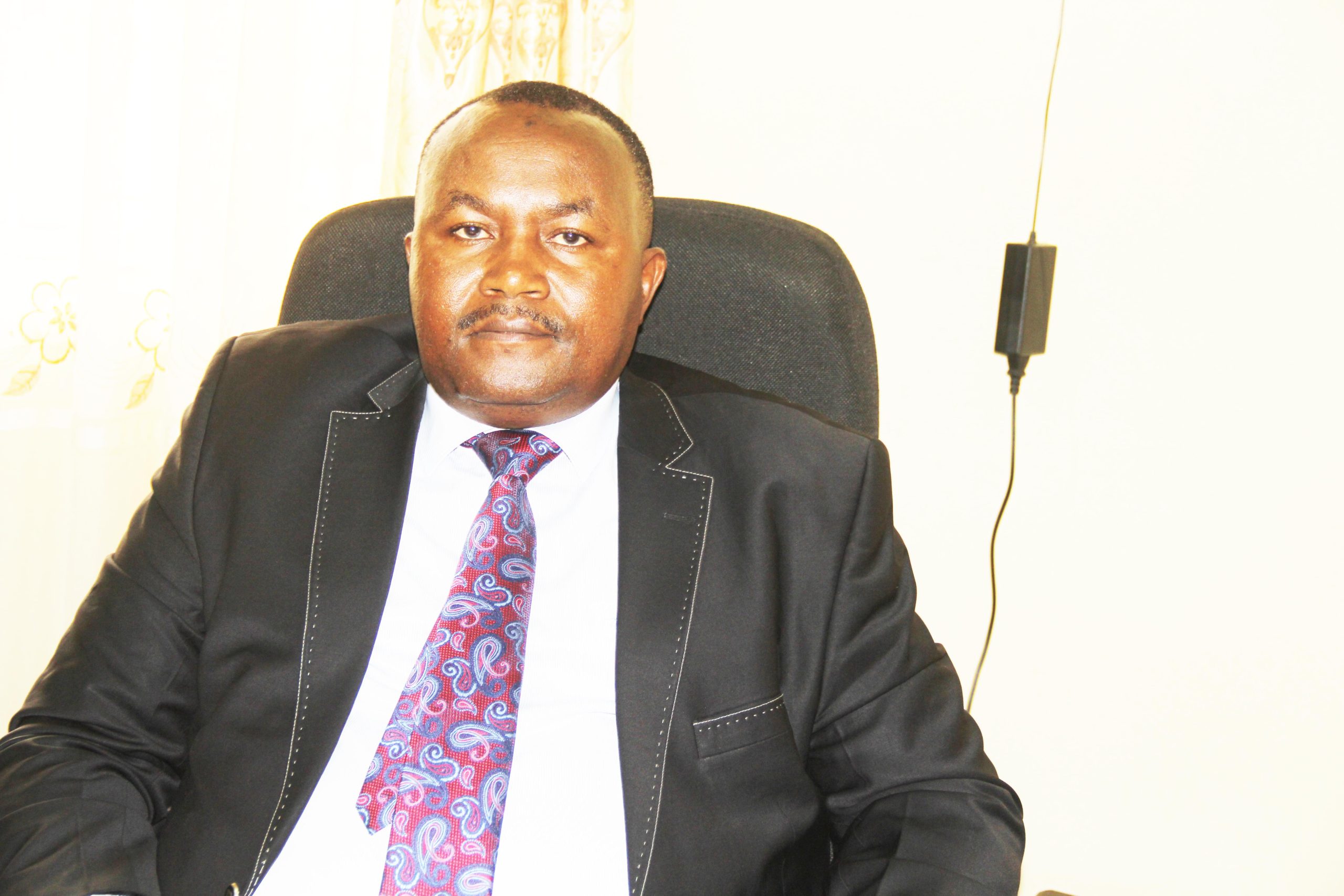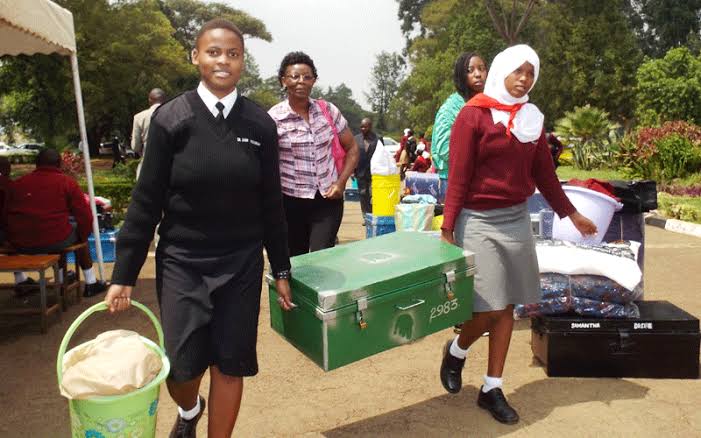BY NICHOLAS NYAGAH ISAAC
In line with the United Nations Convention on the Rights of the child, corporal punishment in Kenyan schools was legally abolished in 2001. This ban was embraced by most and shunned by equal measure. Without the quick fix cane, parents and teachers found themselves at unfamiliar territory.
The grown-ups in society seem to have been incapacitated and are devoid of effective measures to instill discipline and discourage vices.
The recent increase in indiscipline cases across the country is testament to this. The situation has been so bad during the Covid-19 lockdown that some Ministry of Education officials started to toy with the idea of re-instituting corporal punishment in schools.
This is however ill informed since apart from the local and international policy implications, research has shown that corporal punishment is not an effective practice and can cause more harm than good.
Instead of dwelling on the past, we need to look to the future instead with a focus on preventive, proactive measures rather than the reactive cane that may not fit into the current societal culture.
Preventive discipline can be a good start. The Ministry of Education, the Kenya Institute of Curriculum Development and the teachers’ employer can work in tandem to ensure that the curriculum is indeed learner oriented and is designed and delivered in a way that fits each student’s level of ability.
Teachers too can hone their skills in such a way that their delivery stimulates and involves students so successfully that they have no time to think of any mischief.
Preventive discipline in the home can be summarized by the words of Proverbs 22:6 ‘Train up a child in the way he should go and when he is old he will not depart from it.
The Covid -19 pandemic and the resultant abrupt school closure worsened disciplinary issues in the home and school. A big percentage of learners got disillusioned and fatigued from overstaying away from school without schedules or supervision.
Parents faced with dwindling family incomes and overwhelmed with their daily hustles trying to provide for the family were unable to provide adequate supervision and guidance to the children. This also saw some children left to their own devices and the internet.
This ignited the spirit of anxiety, curiosity and adventure in teens. It is in this vacuum that the children discovered online betting, trading, dating, crime, fundamentalism and illuminati with some inching closer to terrorism.
Much of these vices are learnt and aped via the phone specifically through the misuse of social media.
Any parent that wants to truly understand their teenagers need to occasionally interact with the content of their Instagram, Whatsapp, Messenger and/or Facebook platform.
Some have tried and have been hit by the shock of their lives after discovering that their seemingly innocent children are dabbling in pornography. Some, while they are not involved in vices, they seem to be hooked to their cell phones chatting way into the wee hours of the morning.
Apart from phone addiction and the vices associated with it, some teens were involved in premature sexual activities with peers and older persons and masturbation among other harmful sexual behaviors. Many have now been pushed into parenthood a role they are ill equipped to handle.
Quite a reasonable number, due to circumstances of free will had a chance to engage in money making activities such as pulling mikokoteni riding boda bodas, house girls, herds boys, salonists among other legitimate economic activities.
Yet others illegally obtained money from commercial sex working or even joining criminal gangs. This early taste in earning has made some be skeptical of education as the key to success (which majority seem to see as having money).
This explains why a considerable percentage of learners have never reported back to school. And why those who reported back seem eager and determined to immediately go back home. Their eagerness to return home and be left to their own devices can be seen in the number of faked illnesses, strikes among other indiscipline issues.
The writer is a senior Principal at Kathiani Boys High School, Machakos County.






